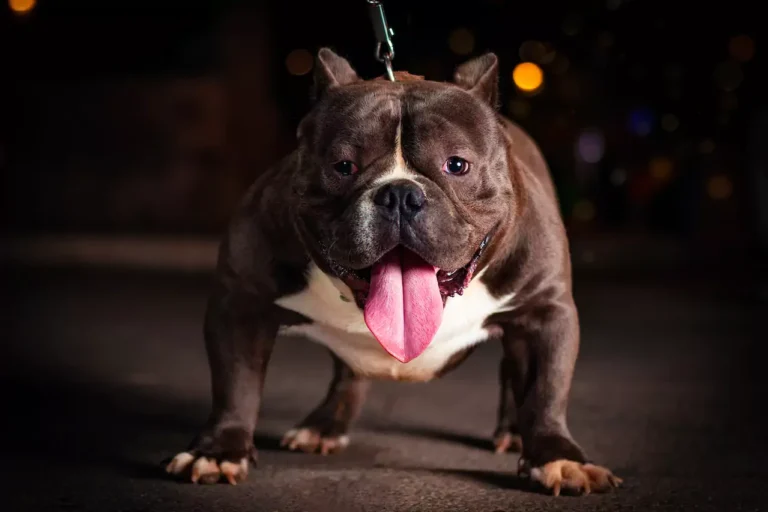Watching your dog hyperventilating can be alarming as a dog owner. Just like people, dogs can breathe rapidly and shallowly, which is called hyperventilation.
In this article, we will explore why dogs hyperventilate, look at common symptoms to watch out for and provide you with some helpful treatment tips. Let’s learn more about this concerning behavior in our beloved dogs.
What is Hyperventilation in Dogs?

Hyperventilation happens when a dog breathes too much and too quickly. It means they are breathing rapidly, shallowly, and you may hear their breathing. Dogs can hyperventilate for different reasons, which we will discuss later.
It’s important to know that hyperventilation can be a sign of an underlying health problem and should not be ignored.
17 Reasons Why Dogs Hyperventilate
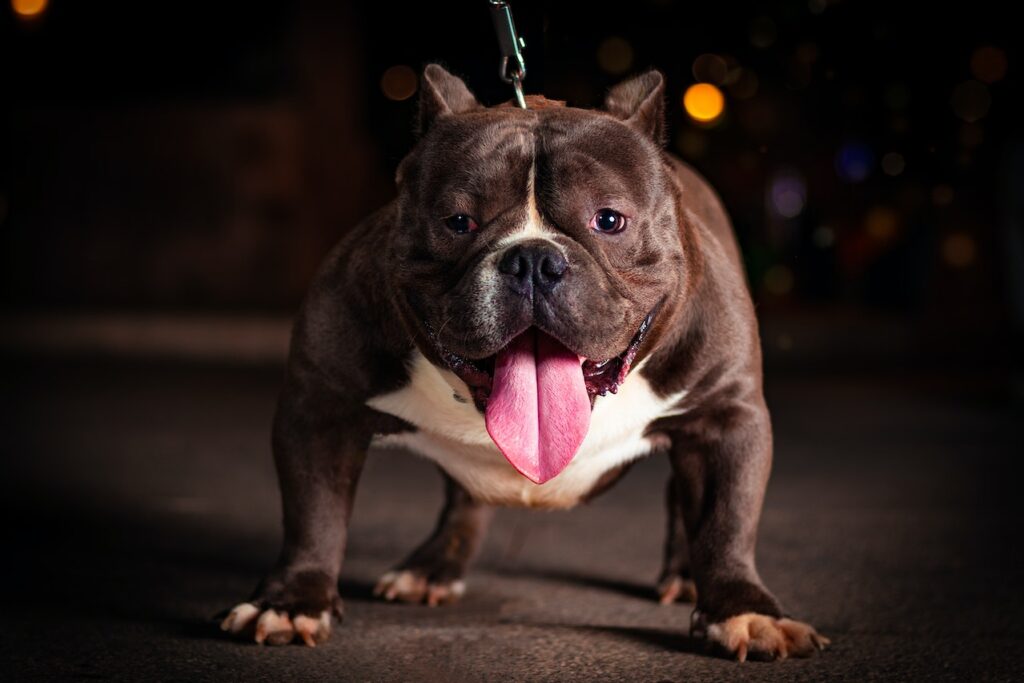
There are many reasons why your dog may hyperventilate. Here are 17 possible causes to help you understand this behavior:
1. Heatstroke
Dogs can hyperventilate when they get too hot and have heatstroke. This can happen if they are in high temperatures for a long time without enough water or shade.
2. Anxiety and Stress
Dogs can feel anxious and stressed, just like humans. Situations like being alone, loud noises (like thunderstorms or fireworks), or unfamiliar places can make them hyperventilate.
3. Pain and Discomfort
Dogs may hyperventilate when they are in pain or feeling uncomfortable. This could be because of injuries, illnesses, or other medical conditions.
4. Respiratory Issues
Problems with breathing, like asthma, bronchitis, or allergies, can make dogs hyperventilate. These conditions can make it hard for them to breathe and cause them to breathe faster.
5. Heart Problems
Some heart conditions, including congestive heart failure, can make dogs hyperventilate. If your dog has a heart problem, it’s important to watch their breathing closely.
6. Airways Obstruction
If something is blocking a dog’s airways, like a foreign object or swelling, it can make it hard for them to breathe and cause hyperventilation.
7. Exertion and Exercise
Dogs may hyperventilate after lots of exercise or physical activity. It’s their body’s way of getting enough air and regulating their breathing.
8. Excitement
Dogs can get very excited in certain situations, like when they are about to play or see their favorite person. Excitement can make them breathe fast and hyperventilate.
9. Medication Side Effects
Some medications can have side effects that make dogs breathe quickly and pant, which can lead to hyperventilation.
10. Fever
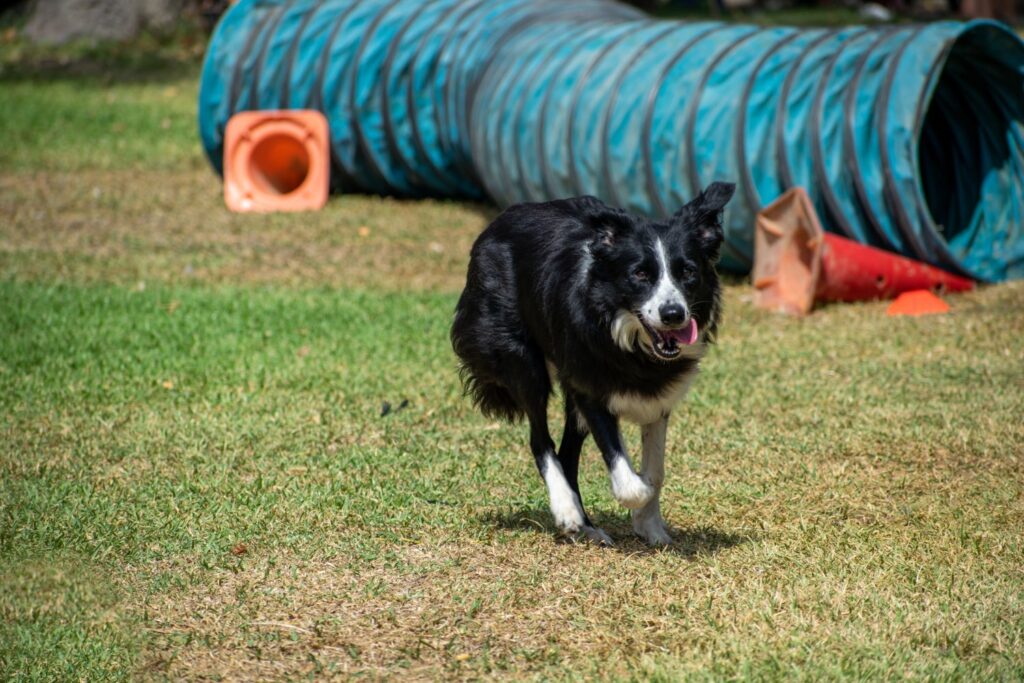
When dogs have a fever, their body temperature goes up, and they may hyperventilate to cool down.
11. Poisoning
If dogs eat something poisonous, it can cause a variety of symptoms, including hyperventilation. It’s important to keep harmful things out of their reach.
12. Allergic Reaction
Dogs can have allergies to certain foods, things in the environment, or insect bites. These allergies can trigger hyperventilation.
13. Lung Diseases
Lung diseases like pneumonia or pulmonary edema can affect a dog’s breathing and make them hyperventilate.
14. Anemia
Dogs with low red blood cell count (anemia) may hyperventilate as their body tries to get more oxygen.
15. Metabolic Disorders
Some metabolic disorders can make dogs breathe abnormally, including hyperventilation.
16. Tumors or Growths
In rare cases, tumors or growths in a dog’s respiratory system can affect their breathing and cause hyperventilation.
17. Genetic Factors
Certain dog breeds may be more likely to hyperventilate because of genetic factors. For example, breeds with shorter snouts like Bulldogs or Pugs.
Remember, this list doesn’t include all possible reasons. If your dog hyperventilates a lot or the problem is severe, it’s important to see a vet for a proper diagnosis and treatment.
9 Symptoms of Hyperventilation in Dogs
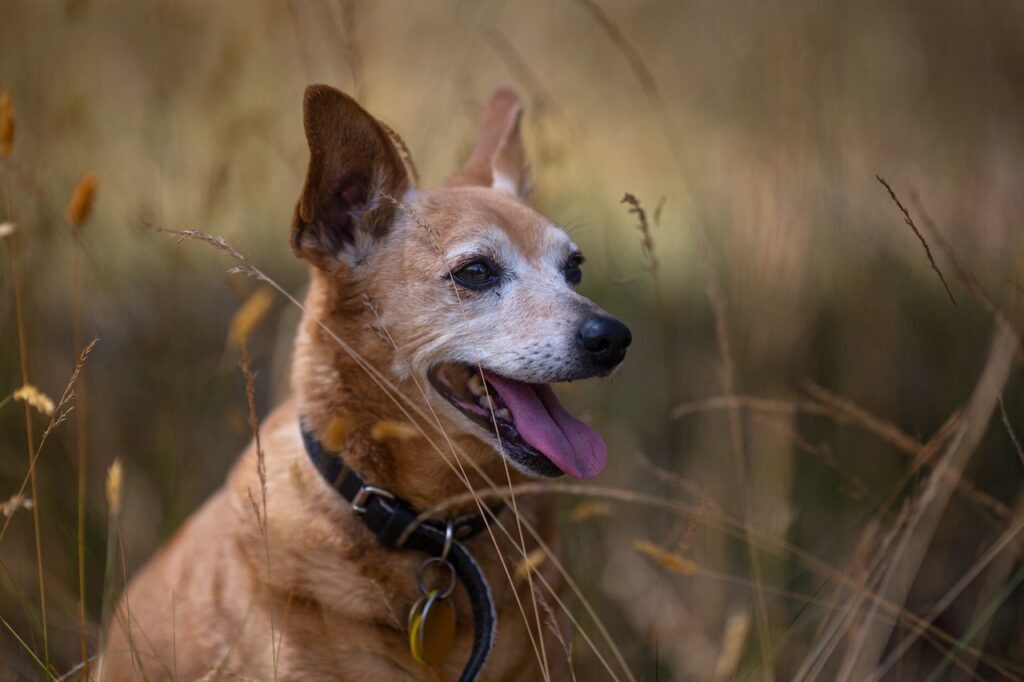
Now let’s look at nine common symptoms that might mean your dog is hyperventilating:
1. Rapid Breathing
Dogs breathe quickly and shallowly when they hyperventilate.
2. Panting
They pant more than usual and it can be louder and more intense.
3. Restlessness
Dogs may seem restless, have trouble finding a comfortable position, and keep moving or pacing.
4. Gums and Tongue
Hyperventilating dogs may have pale or bluish gums and tongue because they are not getting enough oxygen.
5. Drooling

Dogs might drool a lot, especially if they are anxious or stressed along with hyperventilation.
6. Lethargy
Some dogs may seem tired or have less energy while hyperventilating.
7. Increased Heart Rate
You might notice that your dog’s heart beats faster, especially if they are hyperventilating because of anxiety or stress.
8. Coughing or Wheezing
Dogs with respiratory problems might cough or make wheezing sounds when they hyperventilate.
9. Seeking Cool Areas
If dogs hyperventilate because of heatstroke, they may try to find cool places like lying on cold surfaces or near air vents.
If you see these symptoms in your dog, it’s important to watch them closely and get help from a vet if needed.
5 Treatment Tips for Hyperventilating Dogs
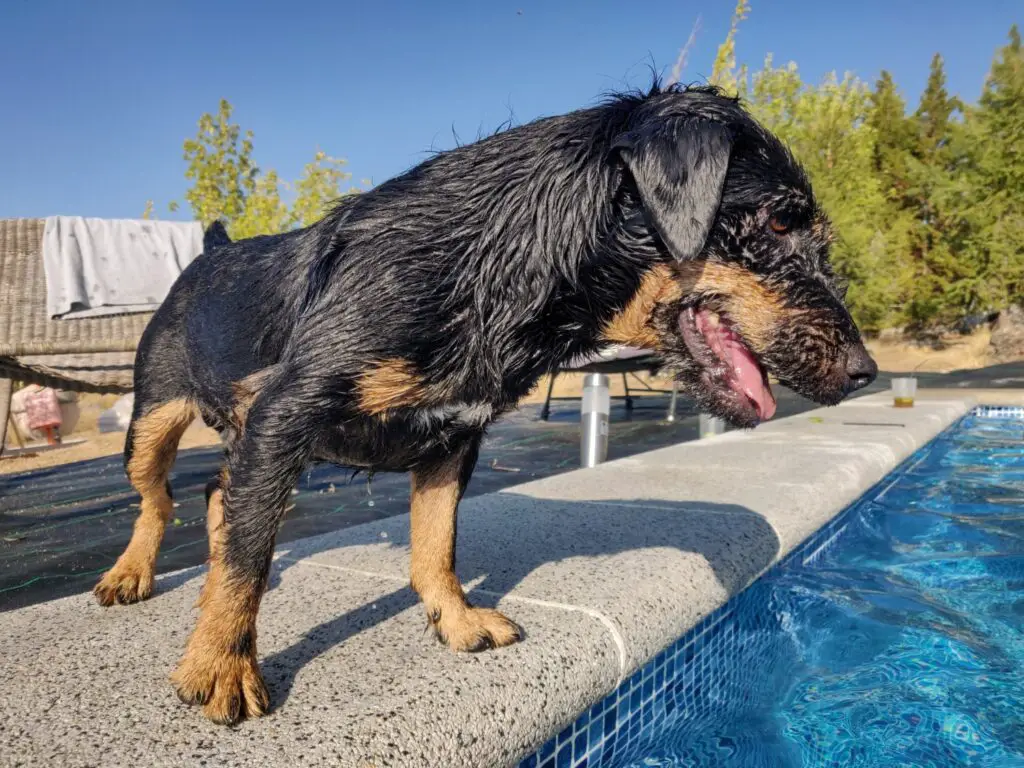
To treat hyperventilation in dogs, it’s important to address the underlying cause. Here are five general tips to help with the symptoms:
1. Provide a Calm Environment
Create a calm and quiet space for your dog, without things that stress or trigger them and make hyperventilation worse.
2. Monitor Temperature
If your dog is overheated, move them to a cool and shaded area, give them fresh water, and use a damp cloth to help cool them down slowly.
3. Stay Hydrated
Make sure your dog always has access to clean and fresh water to prevent dehydration.
4. Contact a Veterinarian
If you’re not sure why your dog is hyperventilating or if their symptoms don’t go away or get worse, talk to a vet for a proper diagnosis and treatment.
5. Follow Veterinary Advice
Once your vet figures out what’s causing the hyperventilation, follow their instructions for treatment. This might include medicine, lifestyle changes, or more tests.
Remember, every dog is different, so the treatment will depend on their specific situation and what’s causing the hyperventilation.
Frequently Asked Questions (FAQs)
Q1: Can hyperventilation be life-threatening for my dog?
Sometimes, hyperventilation can be a sign of a serious underlying condition that needs immediate medical attention. Keep a close eye on your dog and consult a vet if you’re concerned.
Q2: Should I worry if my dog hyperventilates after exercise?
Hyperventilation after exercise is quite common and a way for dogs to regulate their breathing and cool down. However, if your dog’s breathing doesn’t return to normal after a while or they show other worrying symptoms, consult a vet.
Q3: How can I prevent my dog from overheating?
Prevent overheating by providing shade, fresh water, and avoiding too much physical activity in hot weather. You can also consider using special cooling mats or bandanas made for dogs.
Q4: Can anxiety cause hyperventilation in dogs?
Yes, anxiety and stress can trigger hyperventilation in dogs. Identifying and addressing the underlying cause of anxiety, along with behavior modification techniques or medications, can help relieve the symptoms.
Q5: Are certain breeds more prone to hyperventilation?
Breeds with shorter snouts, like Bulldogs and Pugs, are more likely to have respiratory issues, including hyperventilation, because their airways are narrower.
Conclusion
Hyperventilation in dogs can be concerning, but with a better understanding of the causes, symptoms, and treatments, you can provide the care your furry friend needs.
Remember to consult a veterinarian if your dog has persistent or severe hyperventilation. By being attentive and proactive, you can ensure the health and well-being of your beloved canine companion.


